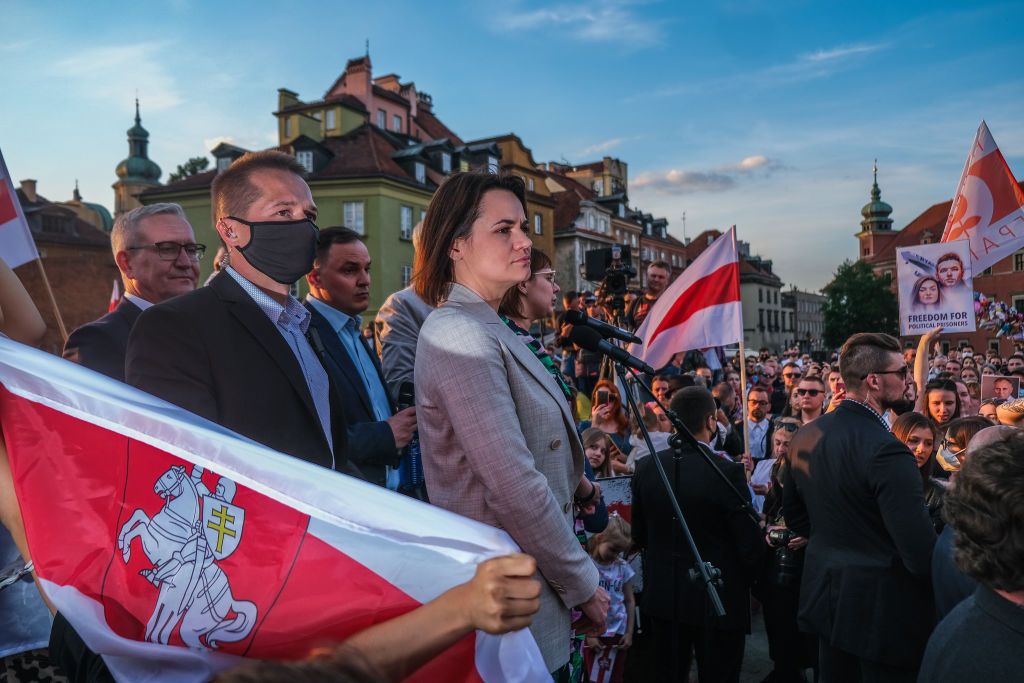Since the end of World War II, the idea that “there will be no independent Poland without an independent Belarus, Lithuania, and Ukraine” has been a cornerstone of Poland’s foreign policy. Ukrainian patriots, who have inspired current Ukrainian policies, have similarly believed in the importance of independence for their eastern neighbors. However, despite the natural alliance between Ukrainian President Volodymyr Zelensky’s administration and the Belarusian opposition, some Ukrainian leaders have spurned potential partners. This was evident in the reaction of Mykhailo Podolyak, an advisor to Zelensky, who criticized the Nobel Peace Prize award to a Belarusian human-rights advocate and Russian NGO, suggesting that the recipients had not organized resistance to the war.
The growing tensions between Ukrainians and Belarusians, two peoples long subjected to Russian oppression, have led to a sense of superiority among Ukrainians. However, this criticism of the Belarusian opposition is unfair, as Belarus has not had the same level of democratic control as Ukraine and has faced severe repression under Lukashenko’s regime. Despite this, Belarusian volunteers have been fighting the Russians in Ukraine and disrupting Russian military activities through sabotage. The disdain shown towards Belarusians is not only immoral but also politically unwise, as standing with the Belarusian opposition could strengthen regional alliances and support the country’s liberation.
While Ukraine had initially avoided antagonizing Lukashenko before Russia’s invasion, the current situation calls for a reassessment of diplomatic relations with Belarus. Zelensky’s government should consider recognizing Sviatlana Tsikhanouskaya’s government-in-exile and ending ties with Lukashenko, who is covertly aiding Russia’s attacks on Ukraine. By aligning with Tsikhanouskaya and the Belarusian opposition, Ukraine could set an example for other governments and deal a significant blow to Lukashenko’s dictatorship. The current stance of Zelensky’s government risks damaging Ukraine’s relationship with a future free Belarus and could weaken regional alliances against Russian aggression.
The Ukrainian press is advocating for a change in the government’s stance towards the Belarusian opposition, urging communication with Tsikhanouskaya and recognizing her as a symbol of Belarusian resistance. Voices within Ukraine are pointing out the opportunity to protect both countries and restore freedom to Belarus by supporting the opposition’s efforts. By ignoring or criticizing the Belarusian opposition, Ukraine risks alienating potential allies and weakening the regional solidarity needed to counter Russian influence. As Ukraine continues to face threats from Russia and navigate complex geopolitical dynamics, aligning with the Belarusian opposition could strengthen its position and support the cause of freedom and democracy in the region.


